Hãy nhập câu hỏi của bạn vào đây, nếu là tài khoản VIP, bạn sẽ được ưu tiên trả lời.

It's possible that the green color on the cover represents nature or the environment, which is a central theme of the book. I can also see a river on the left of the book. I guess this book is about protecting the environment

Dear Liu!
Last time I told you that I had been thinking about pursuing higher education in the UK. I got started to learn the process of applying for a university in London some time ago. Now I have some questions for you.
First, what is the procedure for applying for a student visa? Of course. I have to submit an application but what other documents are required? How long does it take me to obtain my student visa? It is important to plan time to wait for visa processing because the time between finding out I have been accepted to go and leaving may be very close together. Second, do 1 have to present my financial documents; for example proof of funds, to prove that I am able to pay for my education? And last, do I need to obtain the International Certificate of Vaccination? Is it required that I have certain vaccinations before I go? What are they? After all. can you make me a checklist: what I should bring and what I should leave at home?
I wish you and your family the best. I look forward to hearing from you soon.
Regards,
Mai Anh
Mong cô duyệt bài ạ:
Dear Duc Son,
Last time I told you that I had been thinking about pursuing higher education in the UK. I got started to learn the process of applying for a university in London some time ago. Now I have some questions for you.
First, what is the procedure for applying for a student visa? Of course. I have to submit an application but what other documents are required? How long does it take me to obtain my student visa? It is important to plan time to wait for visa processing because the time between finding out I have been accepted to go and leaving may be very close together. Second, do 1 have to present my financial documents; for example proof of funds, to prove that I am able to pay for my education? And last, do I need to obtain the International Certificate of Vaccination? Is it required that I have certain vaccinations before I go? What are they? After all. can you make me a checklist: what I should bring and what I should leave at home?
I wish you and your family the best. I look forward to hearing from you soon.
Regards,
Dang Phong

1. D 2. A 3. C 4. B 5. F
Rachel Carson, an ecologist, a biologist, and a writer, was born in 1907 in Springdale, Pennsylvania. As a small girl, she was an avid reader and soon showed a keen interest in the natural world and writing. 1 She had her first story about animals published in a magazine when she was in the fourth grade. She graduated from Pennsylvania College for Women (now Chatham University) in 1929, studied at the Woods Hole Marine Biological Laboratory, and received her MA in zoology from Johns Hopkins University in 1932.
Initially, Rachel Carson worked for the US Bureau of Fisheries as a part-time science writer. 2 Part of her job was to interest the public in marine and freshwater biology via radio programmes. She then spent the next few years serving as a marine scientist and editor for the US Fish and Wildlife Service. There, she became famous for her writings on environmental pollution and the natural history of the sea, 3 She warned the public about its negative long-term effects. Climate change, rising sea-levels, melting Arctic glaciers, decreasing animal populations are part of her work. In her most influential book, Silent Spring (1962), Rachel Carson strongly disapproved of the widespread use of pesticides such as DDT. 4 Firstly, Silent Spring suggested a much-needed change in people's way of life and called for new policies to protect humans and the environment. She then was criticised by the chemical industry and some government officials, but never gave up. 5 The book eventually prompted a change in national policy, leading to the enactment of a national ban of pesticides on agricultural farming. Additionally, it helped spark the environmental movement, resulting in the establishment of the United States Environmental Protection Agency. That's why she was called the mother of modern ecology.
Rachel Carson died of breast cancer in 1964. However, her work continues to inspire new generations to protect all the living world.
Tạm dịch
Rachel Carson, nhà sinh thái học, nhà sinh vật học và nhà văn, sinh năm 1907 tại Springdale, Pennsylvania. Khi còn là một cô gái nhỏ, cô ấy là một người ham đọc sách và sớm thể hiện sự quan tâm sâu sắc đến thế giới tự nhiên và viết lách. Cô ấy có câu chuyện đầu tiên về động vật được đăng trên một tạp chí khi cô ấy học lớp bốn. Cô tốt nghiệp Đại học Phụ nữ Pennsylvania (nay là Đại học Chatham) vào năm 1929, học tại Phòng thí nghiệm Sinh học Biển Woods Hole và nhận bằng Thạc sĩ về động vật học tại Đại học Johns Hopkins vào năm 1932.
Ban đầu, Rachel Carson làm việc cho Cục Thủy sản Hoa Kỳ với tư cách là một nhà văn khoa học bán thời gian. Một phần công việc của cô là thu hút sự quan tâm của công chúng đến sinh vật biển và nước ngọt thông qua các chương trình phát thanh. Sau đó, cô đã dành vài năm tiếp theo với tư cách là nhà khoa học biển và biên tập viên cho Cơ quan Cá và Động vật hoang dã Hoa Kỳ. Ở đó, cô trở nên nổi tiếng với những bài viết về ô nhiễm môi trường và lịch sử tự nhiên của biển, Cô cảnh báo công chúng về những tác động tiêu cực lâu dài của nó. Biến đổi khí hậu, mực nước biển dâng cao, băng tan ở Bắc Cực, giảm quần thể động vật là một phần công việc của cô. Trong cuốn sách có ảnh hưởng nhất của mình, Silent Spring (1962), Rachel Carson cực lực phản đối việc sử dụng rộng rãi thuốc trừ sâu như DDT. Đầu tiên, Silent Spring đề xuất một sự thay đổi rất cần thiết trong cách sống của mọi người và kêu gọi các chính sách mới để bảo vệ con người và môi trường. Sau đó, cô bị chỉ trích bởi ngành công nghiệp hóa chất và một số quan chức chính phủ, nhưng không bao giờ bỏ cuộc. Cuốn sách cuối cùng đã thúc đẩy một sự thay đổi trong chính sách quốc gia, dẫn đến việc ban hành lệnh cấm toàn quốc về thuốc trừ sâu trong canh tác nông nghiệp. Ngoài ra, nó đã giúp châm ngòi cho phong trào môi trường, dẫn đến việc thành lập Cơ quan Bảo vệ Môi trường Hoa Kỳ. Đó là lý do tại sao cô được gọi là mẹ của hệ sinh thái hiện đại.
Rachel Carson qua đời vì bệnh ung thư vú vào năm 1964. Tuy nhiên, công việc của cô vẫn tiếp tục truyền cảm hứng cho các thế hệ mới bảo vệ tất cả thế giới sống.

Living in a smart city brings many benefits and disadvantages. In this article, I will present some pros and cons of living in a smart city.
The first advantage of living in a smart city is convenience. Information and communications technology is integrated into urban systems, helping to provide public services more effectively. For example, through mobile applications, people can easily search for information about transportation, destinations, and entertainment activities. Furthermore, the smart traffic system helps reduce congestion and save travel time.
Another advantage of smart cities is energy saving and environmental protection. Advanced technologies are applied to manage and use resources effectively. For example, automatic lighting and temperature regulation in buildings help save energy. In addition, the use of smart public transport and self-driving cars helps reduce polluting emissions.
However, living in a smart city also has disadvantages. One of them is the issue of information security. With the widespread use of information technology, the risk of personal information insecurity and privacy violations increases. This requires strong security measures to ensure the safety of people's personal data.
Another drawback of smart cities is their dependence on technology. If technology systems fail or are attacked, public services could be disrupted. This poses challenges for maintaining stability and ensuring security of smart cities.
In short, living in a smart city brings many benefits such as convenience and energy savings. However, it is also necessary to pay attention to information security issues and dependence on technology. To make the most of the advantages and minimize the disadvantages, smart investment and management from city managers is needed.

In my opinion the best thing about spending a year with a family abroad is that all of the members have the opportunity to learn and speak a new language and visit different places in another country. Moreover, the young generation can learn in a new educational environment which brings more job opportunities for the future. In contrast, the worst thing about spending a year with a family abroad is missing the place where we were born and grown up. We will find it is strange to eat different food as well as experience new cultures that we aren't used to.
Tạm dịch:
Theo tôi, điều tuyệt vời nhất khi dành một năm cùng gia đình ở nước ngoài là tất cả các thành viên đều có cơ hội học và nói một ngôn ngữ mới cũng như tham quan những địa điểm khác nhau ở một quốc gia khác. Hơn nữa, thế hệ trẻ được học tập trong một môi trường giáo dục mới, mang lại nhiều cơ hội việc làm cho tương lai. Ngược lại, điều tồi tệ nhất khi dành một năm với gia đình ở nước ngoài là nhớ nơi chúng ta sinh ra và lớn lên. Chúng ta sẽ thấy lạ lẫm khi ăn những món ăn khác nhau cũng như trải nghiệm những nền văn hóa mới mà chúng ta chưa quen.

In today's digital age, screens have become an integral part of our daily lives. However, excessive screen time can have some negative impacts on our health, particularly for teenagers. In my opinion, it is important to limit teenagers' screen time. Firstly, prolonged exposure to screens has been linked to a variety of health problems such as obesity, poor eyesight, and insomnia. Spending excessive amounts of time in front of screens can also cause headaches, neck and back pain, and postural problems. Limiting teenagers' screen time can help ensure that they get enough physical activity, fresh air, and quality sleep that their growing bodies need. Secondly, excessive screen time can negatively impact teenagers' mental health. It can lead to feelings of isolation, anxiety, depression, and even addiction. Social media platforms, for instance, can create unrealistic expectations for youth, leaving many feeling inferior and depressed. To combat this, teenagers should learn to moderate their Internet and screen usage, and pursue more meaningful and fulfilling activities. Thirdly, screen time can affect teenagers' cognitive development. The brain of a teenager is still developing, and research shows that excessive screen time can impede brain development that affects cognitive skills such as attention span, memory, and problem solving. In contrast, spending more time reading, interacting face-to-face with peers, and engaging in outdoor activities can help teenagers build positive cognitive skills. In conclusion, while screens are useful tools, they should be used in moderation, especially for teenagers. Limiting their screen time can have positive effects on their physical, mental, and emotional well-being. Parents and guardians should encourage teenagers to find other activities that they enjoy besides screens such as sports, arts, traveling, and socializing with peers. By doing so, teenagers can strike a healthy balance between screen time and other activities, leading to a healthier and happier life.

Tham khảo:
Work in groups. You want to propose an ASEAN poster making event to welcome a group of ASEAN students. Discuss and add more ideas to the following notes.
Title: | ASEAN POSTER MAKING EVENT |
Place: | University campus |
Date: | August 8th |
Duration: | One day |
Participants: | Young people from different ASEAN countries |
Activities: | - training workshops on poster design - presentations on current issues in ASEAN - cultural performances, food stalls, and a gallery exhibition of the posters created during the event |
Goals: | - to help young people from ASEAN countries meet and build a community - to promote ASEAN awareness and foster a sense of community among the youth in the region |
Benefits: | - developing the ability to work with people from other countries - creating shared values |

Dear Anna,
I'm glad that you like the cooking book. It has many interesting recipes in there, you should try one. By the way, Sunday sounds great, I'll come over at 4 p.m.
See you soon,
Linda
Hi Anna,
I'm glad that you're finding my book on healthy cooking helpful.
I am delighted to join you at your home this Sunday to find out some recipes from the book with you.
Unfortunately, my mango trees has not produced any mangoes at the time, but by the way I will buy some fresh mangoes from the market on the way to your place for one of the dishes.
Looking forward to seeing you soon.
Warm regards.
Linda.
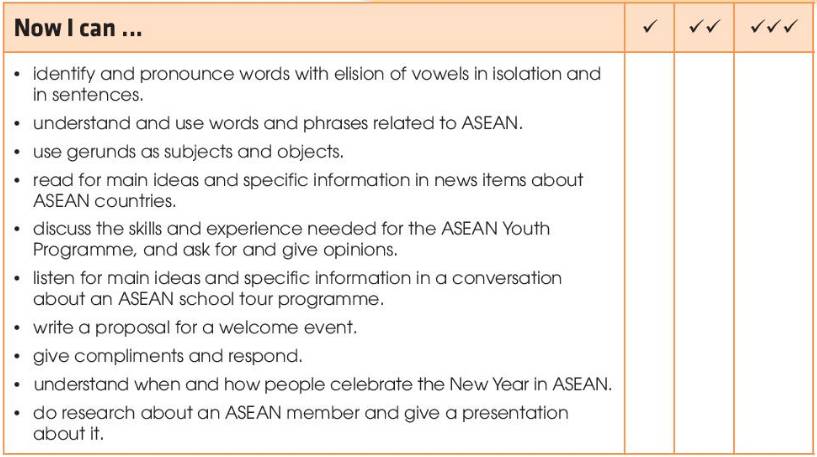
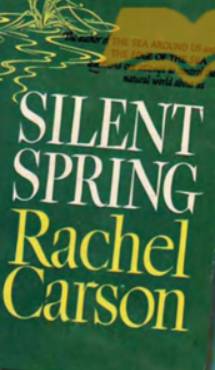

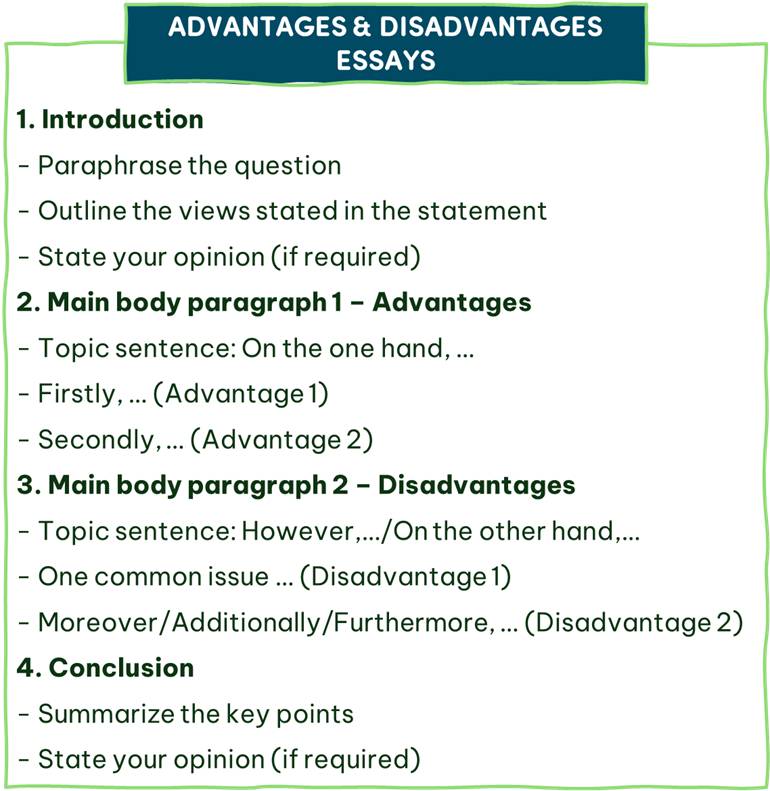
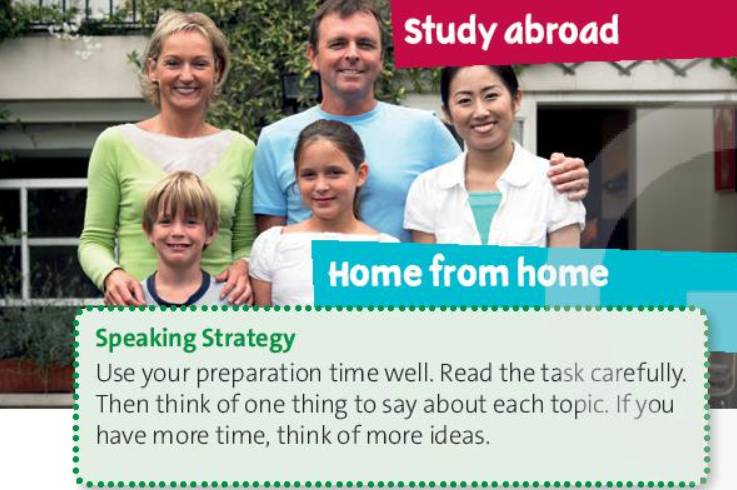
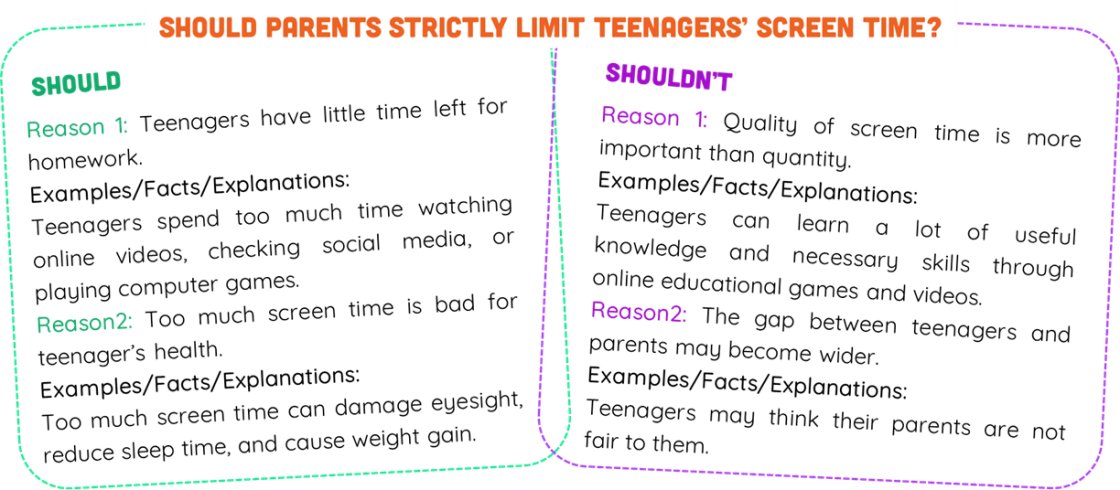
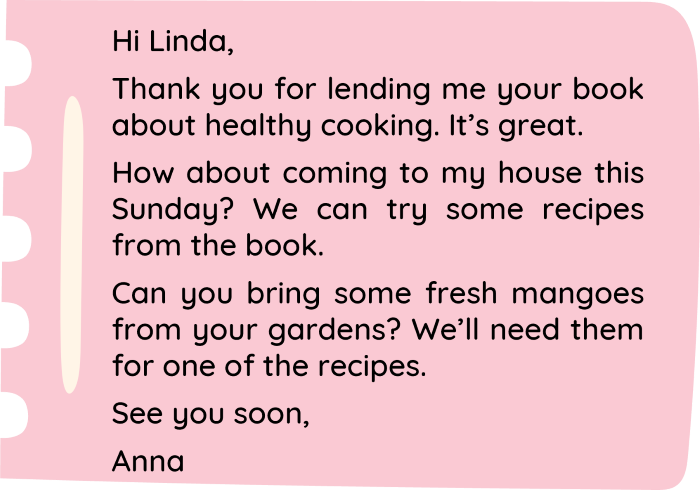
Located in Southeast Asia, Vietnam is a small and beautiful country with victorious history, profound patriotism and wonderful landscapes.
The Socialist Republic of Vietnam, widely known as Vietnam, is not a strange name to the whole world. Although this country is ravaged by a series of wars which cause serious damages, Vietnam in the eyes of the world is nice and peaceful. Vietnam is located in the eastern Indochina Peninsula in Southeast Asia, with Hanoi as its capital. With an area of 331,690 sq. kilometers, to the north of Vietnam is China, to the west is Laos and Cambodia, to the east is Gulf of Tonkin and East Sea, and to the south is Thailand Gulf. The land is a center of trading, cultural interaction, and even conflicts for centuries. It proves that Vietnam has an advantageous position in the region with long coastline and numerous attractions. Having a tropical climate, Vietnam is well known for from magnificent scenery and colorful hill tribes to wide terraced fields in Red River Delta and Mekong River Delta, to majestic mountains, and white sandy beaches. Vietnam, nowadays, is one of should-not-miss destinations in Asia.